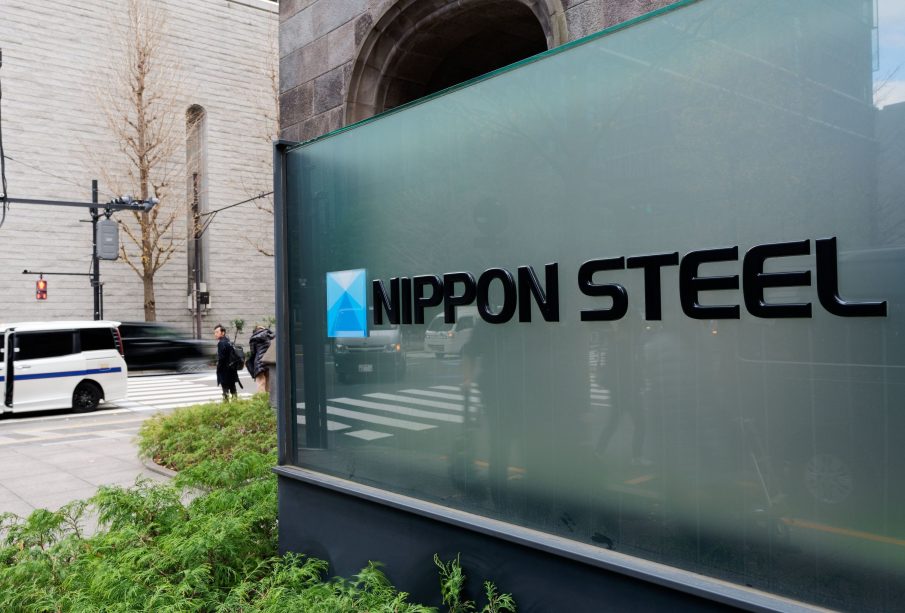Nippon Steel: Pioneering Sustainability in Steel Manufacturing

Introduction
Nippon Steel Corporation, one of the world’s leading steel manufacturers, is at the forefront of innovation in the steel industry, particularly in the realms of sustainability and advanced technologies. As the global demand for steel continues to rise, the company’s efforts to reduce environmental impact and enhance production efficiency make it a critical player in the market. Understanding Nippon Steel’s operations is essential for industry stakeholders, investors, and environmental advocates alike.
Recent Developments
As of 2023, Nippon Steel has launched several initiatives aimed at decreasing its carbon footprint and promoting eco-friendly steel production. Recently, the company announced a significant investment in hydrogen reduction technologies, which are aimed at transforming conventional steel manufacturing processes to greener alternatives. This is part of Japan’s broader goal to reduce greenhouse gas emissions by 46% by 2030.
Moreover, in September 2023, Nippon Steel reported a 10% increase in revenue compared to the previous fiscal year, largely attributed to its expansion into international markets and new product lines that emphasize high-strength steel used in automotive and energy sectors. This growth indicates a robust demand for advanced materials, positioning Nippon Steel favorably against its global competitors.
Technological Innovations
Nippon Steel has been heavily investing in research and development to enhance the quality of its steel products. The company’s recent introduction of a new steel grade, Nippon Steel Microalloyed Steel, aims to meet the specific needs of the automotive industry, which is shifting toward lighter and stronger materials for fuel efficiency. This innovation aligns with global automotive trends and positions Nippon Steel as a vital supplier.
Global Presence
With operations in Asia, Europe, and North America, Nippon Steel has established a strong global footprint. The company’s strategic partnerships with leading manufacturers worldwide are further enhancing its competitive edge. By aligning with sustainable practices, it is paving the way for long-term growth in an industry traditionally marked by environmental concerns.
Conclusion
As Nippon Steel continues to champion sustainability through innovations in production technology and product development, its role in the global steel market is becoming increasingly significant. For stakeholders and consumers alike, Nippon Steel’s commitment to reducing environmental impact while maintaining high production standards serves as a promising model for the future of manufacturing. As the company forges ahead with its initiatives, the steel industry may witness transformative changes that align with global sustainability goals. Looking forward, Nippon Steel is well-positioned to play a crucial role in an eco-conscious and innovative steel manufacturing landscape.








